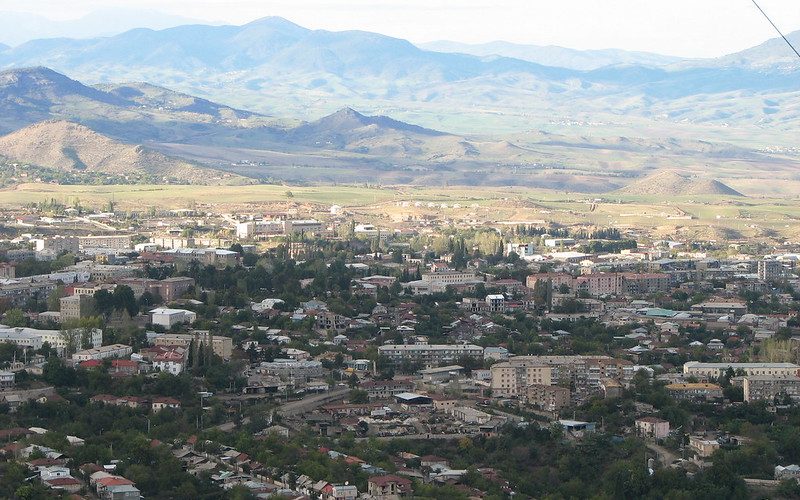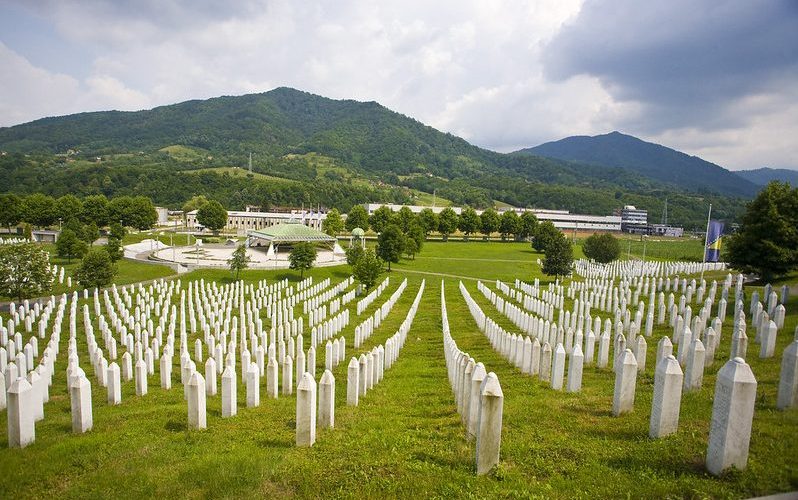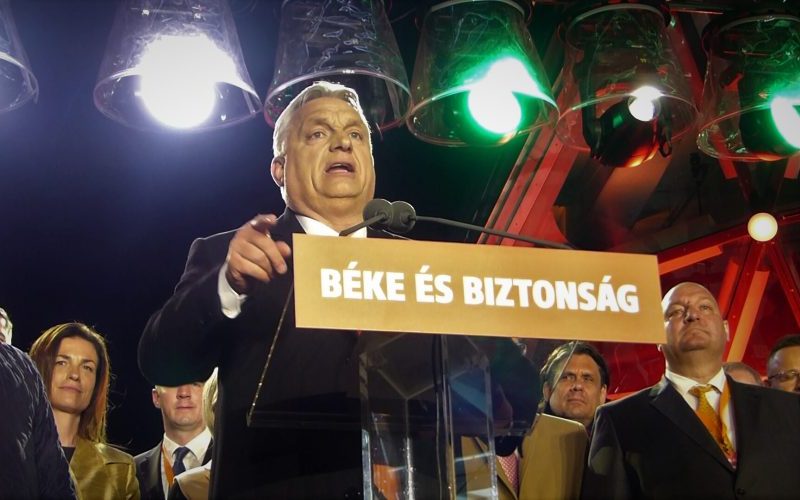
Environmental Terrorism, Eco-Terrorism, and Water Management: The Case of Nagorno-Karabakh
The world is experiencing an increase in terrorist attacks, including environmental terrorism. The presence of natural resources and infrastructures, especially water-related ones, in contested areas subjected to traditional forms of terrorism, requires further attention within terrorism-related research. The case of the Nagorno-Karabakh war is an interesting case with regard to the concept of environmental and eco-terrorism. In this respect, the implications of water issues after the 2020 war and the dangers involved for the future of the region are of particular interest.

The Breakup of a State: The Balkan Model of the Holocaust
Only a few decades after World War II, the international community largely failed in its role as an intermediary in the war that followed the breakup of Yugoslavia. On the doorstep of the 21st century, new genocides took place in Europe with the ethnic cleansing in Srebrenica, Prijedor, Foca, Bratunac, Sarajevo, as well as all the occupied places and cities under siege in the Republic of Bosnia and Herzegovina. The terrible events in Srebrenica left a black shadow on European history. According to the International Committee of the Red Cross, 7.079 Bosnian Muslims were killed in Srebrenica between July 12 and 16, 1995, in what turned out to be the worst genocide in modern Balkan history.

How Orbán Exploits Russia’s War in Ukraine for Domestic Political Gains
Hungarian Prime Minister Orbán’s controversial stance on Russia’s war in Ukraine helps, primarily, himself. His anti-Ukrainian rhetoric as well as positioning himself as a “pro-Peace” force in Europe and protector of Hungarians bring him – duly needed – domestic plus points.

